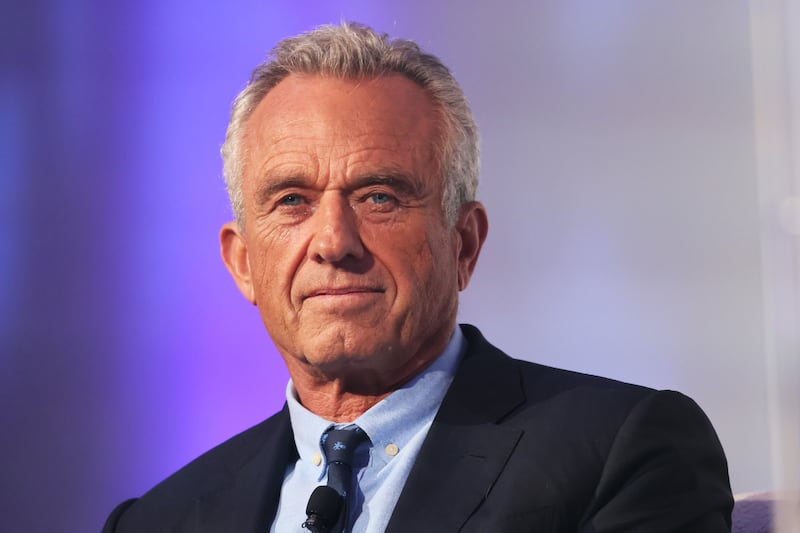The Centers for Disease Control and Prevention (CDC) will be conducting its own study into whether vaccines cause autism, despite reams of past research failing to prove any links.
In a statement to ABC News, Health and Human Services spokesperson Andrew Nixon confirmed that the incoming study is part of the CDC’s efforts to “leave no stone unturned” and to pursue “high quality research and transparency” on behalf of the American people—a sentiment often parroted by the Trump administration.
“As President Trump said in his Joint Address to Congress, the rate of autism in American children has skyrocketed. CDC will leave no stone unturned in its mission to figure out what exactly is happening,” the statement said. “The American people expect high quality research and transparency and that is what CDC is delivering.”
Nixon did not disclose how the study would be conducted or how it would differ from all the prior research made into vaccines and autism.

The CDC’s decision to commission the study appears to be driven by Health and Human Services Secretary Robert F. Kennedy Jr., a notorious vaccine skeptic who has long suggested, without much evidence, that vaccines may cause developmental disabilities in children.
During his confirmation hearings, Kennedy refused to say that vaccines don’t cause autism—despite dozens of peer-reviewed, high-quality studies that have not found such a link. He even touted a statistic claiming that autism rates “have gone from 1 in 10,000” to “one in 34.”
While data from the CDC shows that around one in 36 children born in 2012 were diagnosed with autism, it is unclear where the health secretary obtained his 1 in 10,000 metric.
In his first address to employees of the Department of Health and Human Services in February, Kennedy declared that “nothing is going to be off limits” in his fight against chronic disease, citing his plans to “investigate” childhood vaccine schedules and psychiatric medications.
While causes for autism are still being studied, factors like genetics, complications at birth, or being born to older parents are often cited as likely contributors in research. Although diagnosis rates have been growing over time, many experts believe this is due to a better understanding of autism and improved diagnoses in children.






